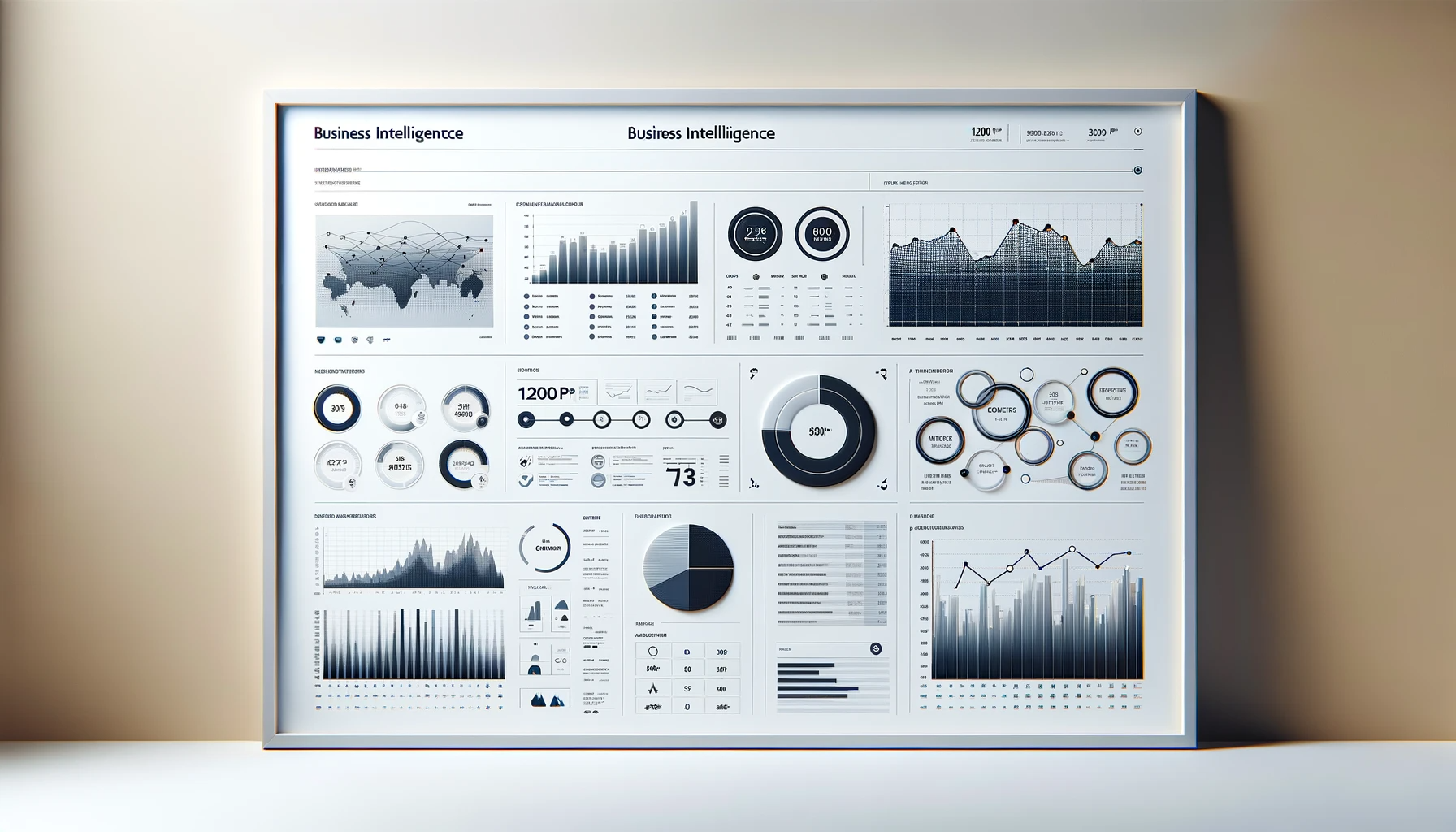DATA &
business intelligence
Business intelligence (BI) refers to the technologies, applications, and practices used to collect, analyze, and present data in a meaningful and actionable manner to support business decision-making. It involves gathering data from various sources, transforming it into valuable insights, and delivering those insights to the right people at the right time.
The goal of business intelligence is to help organizations make informed decisions by providing them with accurate and relevant information. It allows businesses to gain a deeper understanding of their operations, identify trends and patterns, and make data-driven decisions to improve their performance and competitiveness.
Business intelligence typically involves the use of specialized software tools and systems that enable data integration, data modeling, data analysis, and data visualization. These tools can process large volumes of data from multiple sources, such as databases, spreadsheets, and external sources, to generate reports, dashboards, and interactive visualizations.

The key components of business intelligence
- Data Integration: Gathering data from various sources and consolidating it into a central repository or data warehouse.
- Data Modeling: Structuring and organizing the data to facilitate analysis and reporting. This involves creating data cubes, data marts, or other structures that allow for efficient data retrieval and analysis.
- Data Analysis: Applying statistical and analytical techniques to the data to uncover patterns, correlations, and trends. This can involve querying the data, performing data mining, or using advanced analytics techniques like machine learning.
- Data Visualization: Presenting the analyzed data in a visual and easily understandable format, such as charts, graphs, and interactive dashboards. This helps users quickly grasp the insights and trends within the data.
- Reporting and Dashboards: Generating reports and interactive dashboards that provide summary information, key performance indicators (KPIs), and other metrics relevant to the business.
Overview
Business intelligence is used across various industries and departments within organizations to support a wide range of activities, including strategic planning, financial analysis, sales and marketing optimization, supply chain management, and customer relationship management. By leveraging business intelligence, businesses can make more informed decisions, improve operational efficiency, identify new business opportunities, and gain a competitive advantage in their respective markets.
